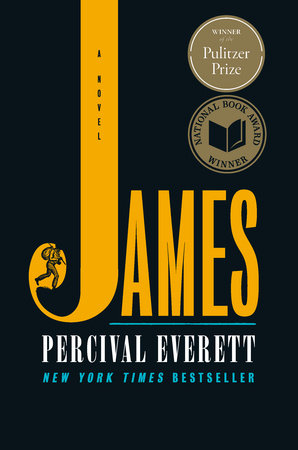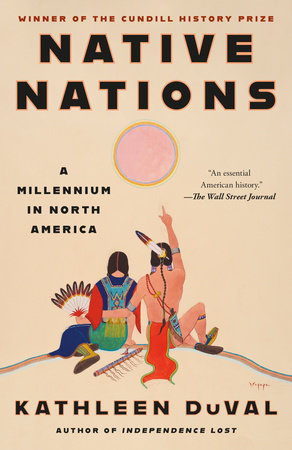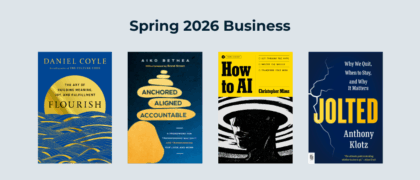On Monday, May 5, three Penguin Random House authors were honored with a Pulitzer Prize. Established in 1917, the Pulitzer Prizes are the most prestigious awards in American letters.
To date, PRH has 143 Pulitzer Prize winners, including William Faulkner, Eudora Welty, Josh Steinbeck, Ron Chernow, Anne Applebaum, Colson Whitehead, and many more. Take a look at our 2025 Pulitzer Prize winners!
Fiction – JAMES by Percival Everett
Biography – EVERY LIVING THING by Jason Roberts
History – NATIVE NATIONS by Kathleen Duval
We’d also like to congratulate and acknowledge Mosab Abu Toha, author of FOREST OF NOISE, awarded for Commentary!
These awards recognize not only the immense talents of our authors, but also the vision and dedication of their brilliant editors and publishing teams.












